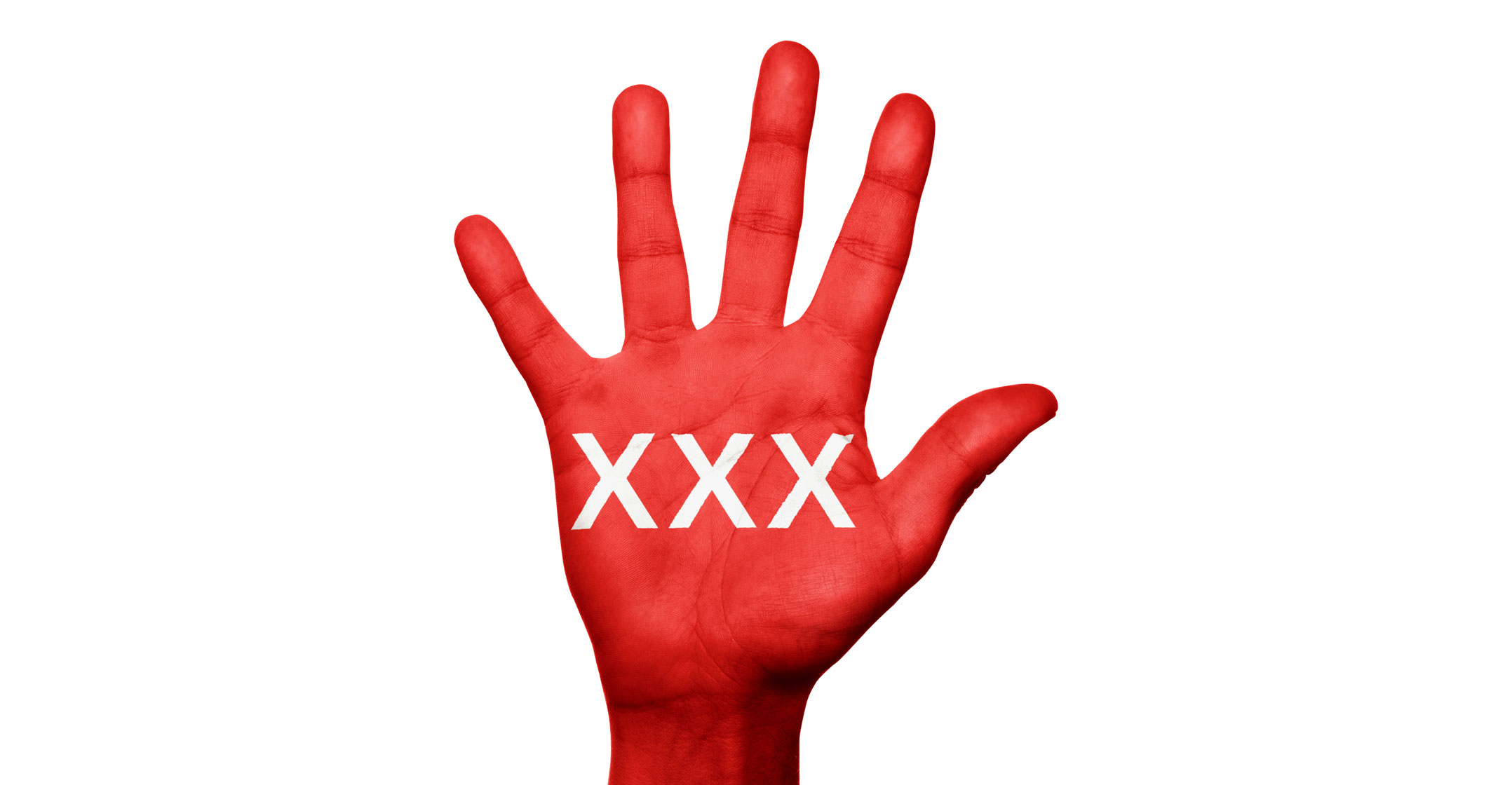 The Internet Service Providers’ Association (Ispa) has criticised a proposal by the Law Reform Commission of South Africa to require ISPs to block adult Web content, saying similar efforts have not worked elsewhere in the world.
The Internet Service Providers’ Association (Ispa) has criticised a proposal by the Law Reform Commission of South Africa to require ISPs to block adult Web content, saying similar efforts have not worked elsewhere in the world.
Ispa said blocking all adult content by default to protect children is an “unimaginative approach when little else has been properly explored”.
“South Africa needs targeted solutions that won’t morph into a generalised Internet clampdown when it suits later governments.”
The association, which represents a majority of South Africa’s ISPs, said that earlier this year it submitted comments on the LRC Discussion Paper 149 — Sexual Offences: Pornography and Children — where it referred to its “long history of constructive engagement with the Film and Publications Board and the fact that it was finalising a memorandum of understanding to formalise and deepen this relationship”.
It said blocking Internet content is an “exceptionally bad solution to the problem of minors accessing adult content in a country with a history of a muzzled media coupled with recent attacks on freedom of expression”.
“We risk being sent down a slippery slope when we are just shaking off the effects of the previous administration’s stealthy attacks on freedom of expression,” said Ispa chairman André van der Walt in a statement.
‘Easily circumvented’
“In its submission on the discussion paper, Ispa makes specific proposals for modalities to deal with the harm posed to children insofar as it relates to exposure to explicit sexual content. In particular, Ispa’s view is that the blocking of content must be provided for in law and only ordered by an impartial and independent court. Generally, the experience of Ispa members is that technical approaches to content blocking and filtering are simply ineffectual and easily circumvented.”
Interventions like the department of basic education’s 2017 guidelines on e-safety, as well as recent curriculum revisions, cover various aspects of online safety in a more holistic manner and will probably be a lot more effective in ensuring child online safety, the association said.
“Requiring ISPs to block all adult content by default, to protect children, is a disproportionate interference in the right to freedom of expression and it is simply ineffective. Moreover, blocking can only ever be permitted with regard to content that is unlawful. Adult content is not unlawful in South Africa,” said Van der Walt.
“Blocking or filtering of adult content should be controlled by end users and, with regard to minor children, those end users should be the parents who are ultimately ideally-placed to protect their own offspring.” — © 2019 NewsCentral Media

